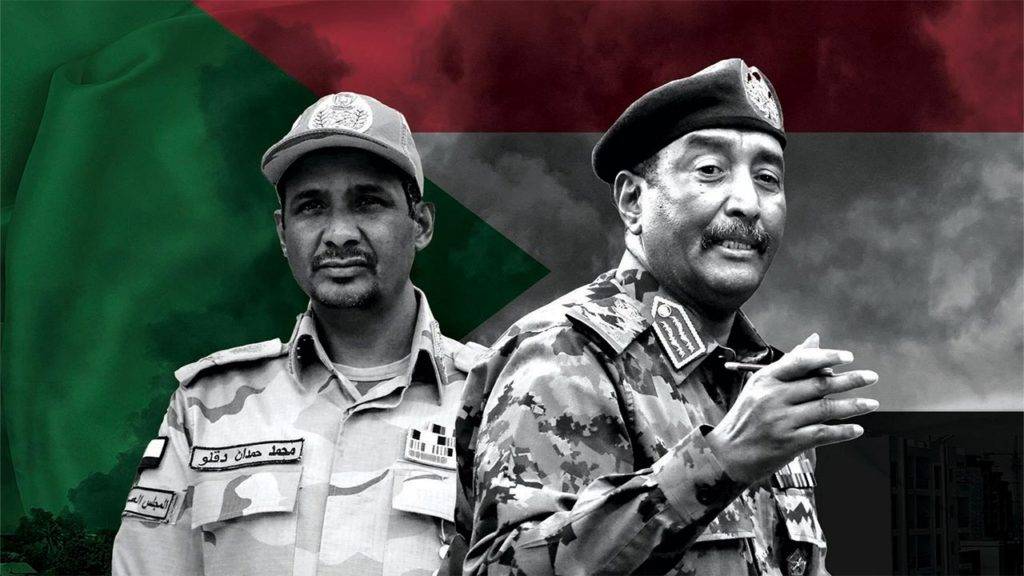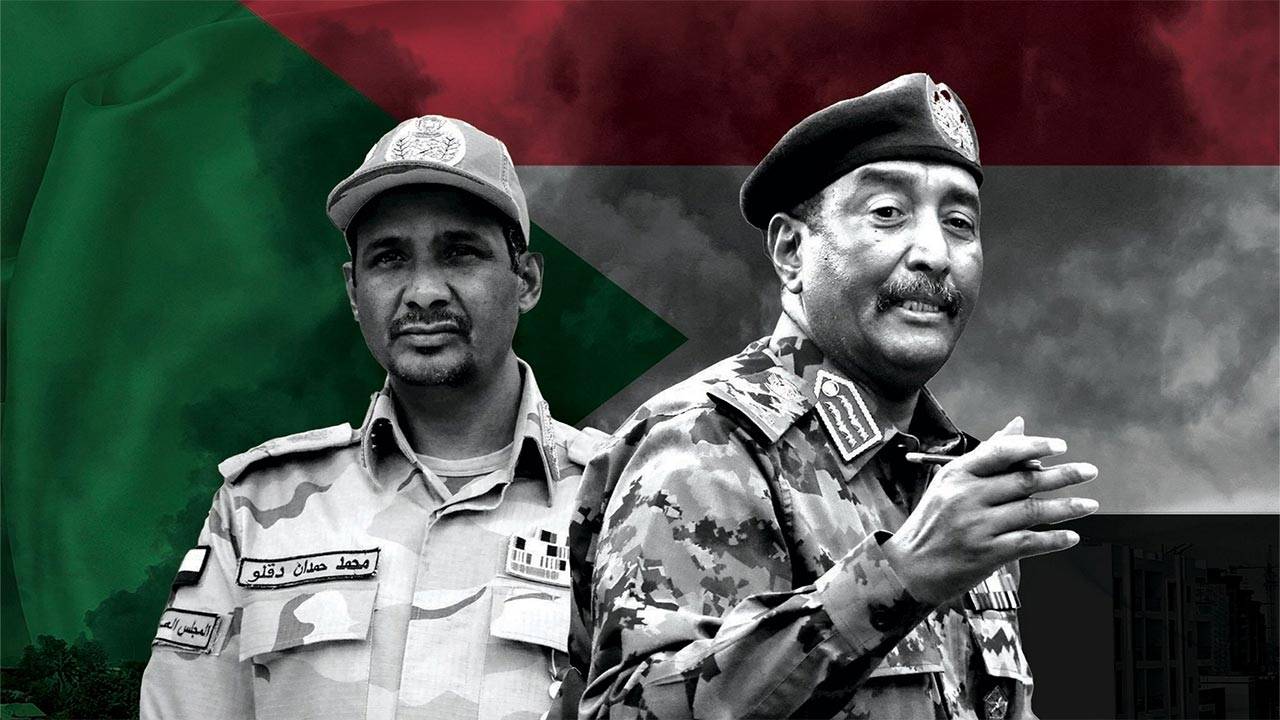What Happened in Sudan Today? Sudan, a country located in North Africa, has been facing a complex and longstanding conflict that has intensified in recent times. The conflict began in 2019 following the ousting of long-time dictator Omar al-Bashir and has been characterized by tension between military and civilian factions, regional and ethnic tensions, and the struggle for power and control.

Table: Exploring the Information about the Conflict in Sudan
| Date | Event |
|---|---|
| 2019 | Long-time dictator Omar al-Bashir is ousted from power |
| 2022 | Military seizes power, dissolves civilian-led government |
| October 2022 | State of emergency declared, condemned by international community |
| November 2022 | Military promises to hold elections within two years |
| January 2023 | Protests continue, despite crackdown by military |
| April 2023 | Conflict continues, with humanitarian crisis and regional instability |
What Happened in Sudan Today? Understanding the Ongoing Conflict
Sudan, a country in North Africa, has been facing a long-standing conflict that has intensified in recent times. The country’s political landscape is complex, with various groups vying for power and control. Here is an overview of what is happening in Sudan today and what it means for the world.
Sudan Conflict News:
The current conflict in Sudan began in 2019, following the ousting of long-time dictator Omar al-Bashir. The military, led by General Abdel Fattah al-Burhan, took control of the government, promising to transition to civilian rule. However, the transition has been slow and fraught with challenges, leading to continued unrest and violence.
One of the main drivers of the conflict is the tension between the military and civilian factions. The military has been accused of trying to maintain power and stifle democratic processes, while the civilian-led government has struggled to assert its authority. This power struggle has led to violent clashes and instability.
Another factor in the conflict is the longstanding tensions between different regions and ethnic groups in Sudan. In particular, the western region of Darfur has been the site of violence and displacement for many years. The conflict has also spilled over into neighboring countries, such as South Sudan and Ethiopia.
Recent developments in the conflict include the military’s seizure of power in October 2022, following months of protests and political turmoil. The military dissolved the civilian-led government and declared a state of emergency, leading to widespread condemnation from the international community.
The conflict in Sudan is complex and multi-faceted, with no easy solutions. However, the international community has an important role to play in supporting efforts towards peace and stability in the region.
What the Sudan Conflict Means for the World:
The conflict in Sudan has implications for the wider region and the world. Sudan is a strategically important country, with significant natural resources and a location that makes it a key player in regional politics. The conflict could have far-reaching consequences, including:
- Humanitarian crisis: The conflict has led to displacement, violence, and humanitarian suffering for millions of people in Sudan and neighboring countries.
- Regional instability: The conflict has the potential to spill over into neighboring countries and exacerbate tensions in the region.
- International relations: The conflict has strained Sudan’s relations with other countries, including those in the Middle East and Africa.
- Terrorism: The instability in Sudan could create a breeding ground for extremist groups, posing a threat to global security.
- Economic impact: The conflict has disrupted Sudan’s economy and could have wider economic consequences for the region and the world.
It is important for the international community to engage with Sudan and support efforts towards peace and stability in the region.
Frequently Asked Questions:
- What is the main cause of the conflict in Sudan?
The conflict in Sudan has several causes, including the tension between the military and civilian factions, regional and ethnic tensions, and the struggle for power and control. - How has the conflict affected the people of Sudan?
The conflict has led to displacement, violence, and humanitarian suffering for millions of people in Sudan and neighboring countries. - What is the role of the international community in the conflict?
The international community has an important role to play in supporting efforts towards peace and stability in the region, including providing humanitarian aid, supporting mediation efforts, and exerting pressure on the parties involved. - What are the potential consequences of the conflict for the world?
The conflict could have far-reaching consequences, including creating a breeding ground for extremist groups, disrupting regional stability, and having wider economic impacts. - Is there hope for peace in Sudan?
While the conflict in Sudan is complex and challenging, there is hope for peace through dialogue, negotiation,






